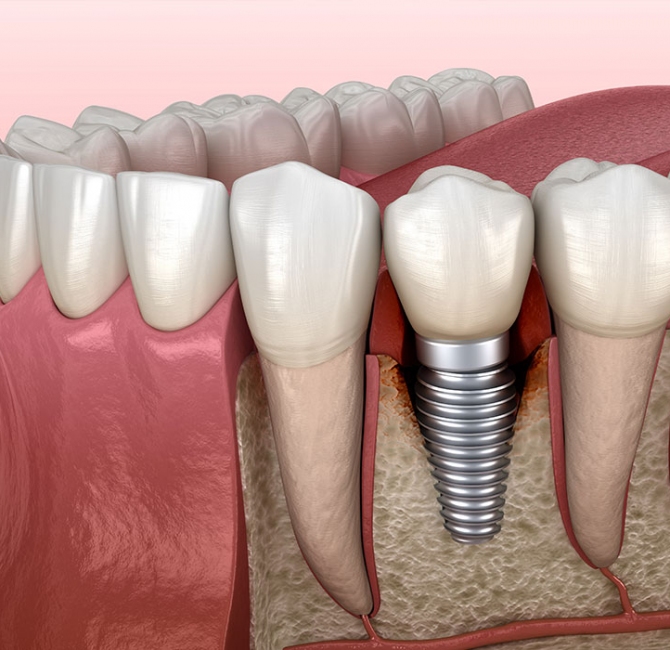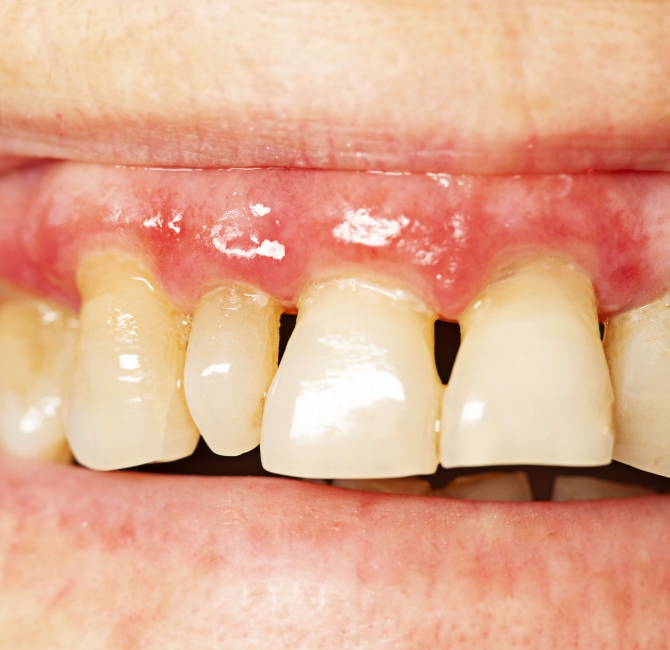Introduction
Hypertension is a serious chronic condition affecting over a billion people globally and is the leading risk factor for morbidity and mortality. Hypertension is often asymptomatic in the initial stages, making it crucial to recognize hypertension early to help mitigate disease progression.
Hypertension is categorized as primary or secondary. Primary hypertension has no identifiable cause. Secondary hypertension is caused by an underlying condition, such as obstructive sleep apnea, thyroid conditions, adrenal gland tumours, kidney disease, and various medications, including oral contraceptives, decongestants, and over-the-counter analgesics. Risk factors for hypertension include age, family history, tobacco use, elevated alcohol consumption, high cholesterol, sodium-rich diet, and sedentary lifestyle. Lifestyle modifications are vital to control hypertension.
Oral health practitioners play a crucial role in detecting elevated blood pressure during regular checkups and providing appropriate referrals. Clinicians need to be aware of the risk factors associated with hypertension so they can counsel clients early to help prevent the condition.
Antihypertensive medications may cause adverse effects on oral health and can negatively interact with drugs commonly prescribed in oral healthcare. Dental anxiety and fear can raise blood pressure, complicating the management of clients with pre-existing hypertension. The absence of initial clinical symptoms can make it challenging to manage clients with hypertension. Therefore, oral health practitioners must stay informed to provide safe care to clients with hypertension.
Objective
This article provides oral health practitioners with guidance for managing clients with hypertension in oral healthcare settings. Topics covered include:
- Classification of hypertension
- Pharmacology of antihypertensive drugs
- Types of antihypertensive medications, drug interactions, and adverse oral manifestations
- Client management
- Blood pressure measurement
- Postponing treatment
- Dental anxiety
- Intraoperative bleeding
Summary
The prevalence of hypertension, its lack of clinical symptoms, and its strong association with other cardiovascular conditions underscore the importance of oral health practitioners staying informed about appropriate care. The oral health setting offers an opportunity to screen for hypertension. Obtaining a thorough medical history, including a complete drug list, is essential to detect potential oral side effects and avoid interactions with commonly used medications in oral healthcare. Managing clients with hypertension requires knowledge of appropriate techniques for measuring blood pressure, understanding when to reschedule treatment, and effectively controlling stress and bleeding. Consulting with medical providers is recommended if questions arise during the assessment of clients with hypertension. This article offers oral health practitioners guidance on managing the care of clients with hypertension.
Click here to read the full article.



